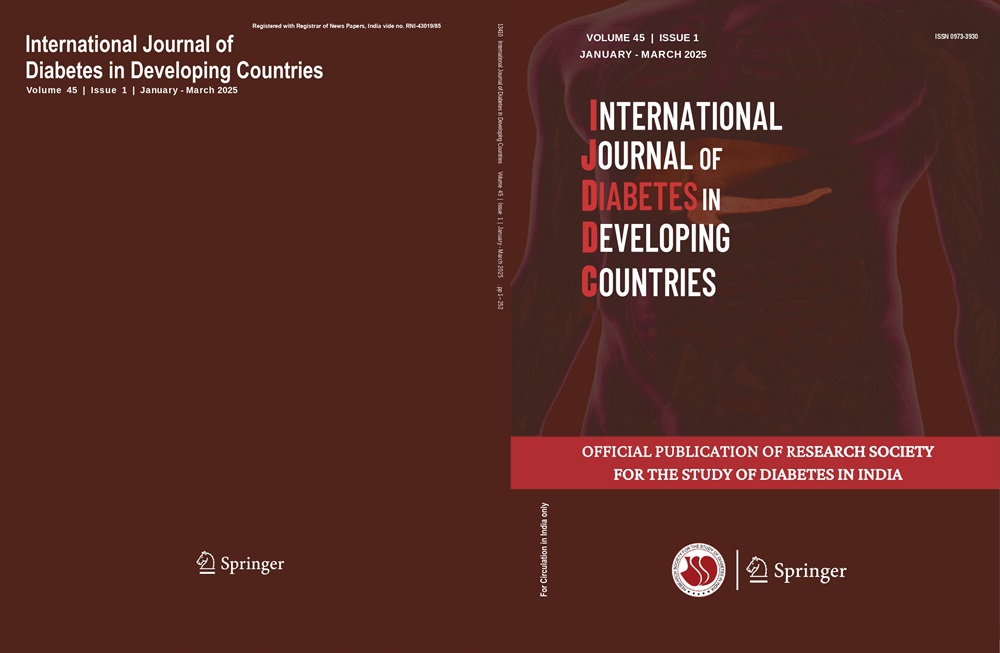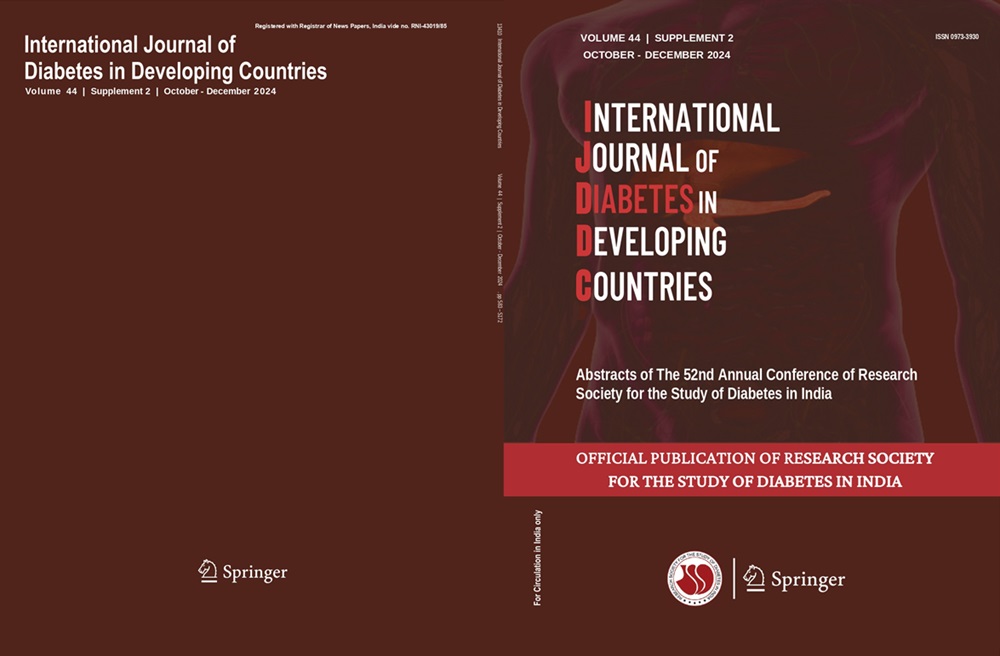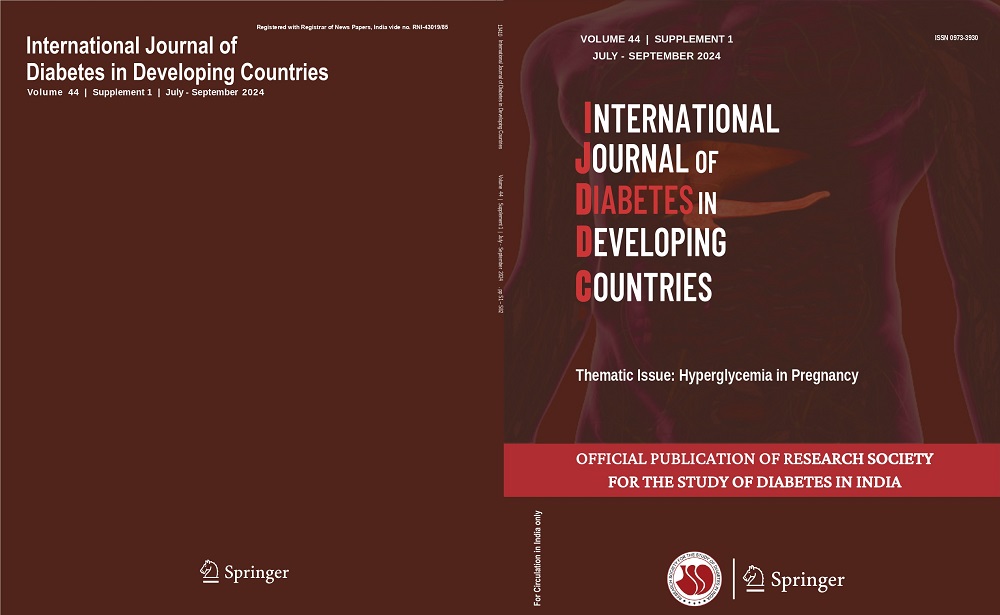Zahra Hassanzadeh-Rostami, Kimia Ghaedi, Seyed Jalil Masoumi
Keywords
Diabetes mellitus • Glycemic index • Insulin • Blood glucose • Blood lipid
Abstract
Objective Limited studies have been conducted on insulin index/load, with inconsistent results regarding the glycemic index/load in relation to cardiometabolic risk factors among people with diabetes. The present study aimed to reveal the association of dietary glycemic index and load and dietary insulin index and load with cardiometabolic risk factors among people with diabetes.
Method This cross-sectional study was performed on 88 adults with diabetes who enrolled in the Cohort Study of Employees of Shiraz University of Medical Sciences. The scores of dietary glycemic index (DGI), dietary glycemic load (DGL), dietary insulin index (DII), and dietary insulin load (DIL) were measured using a 116-item food frequency questionnaire (FFQ). Multivariate linear regressions were used to associate each dietary score with fasting blood glucose (FBG), triglyceride, total cholesterol (TC), high-density lipoprotein (HDL), low-density lipoprotein (LDL), and systolic and diastolic blood pressure.
Results DGI was significantly associated with serum FBG (β; 0.24, 95% CI; 0.02, 0.46) and triglyceride (β; 0.53, 95% CI; 0.002, 1.06) levels but not TC, HDL, LDL, or blood pressure after adjusting for age, sex, education, marital status, smoking, body mass index, energy intake, physical activity, having other diseases, and family history of diabetes. Neither DGL, DII, nor DIL was significantly associated with each of the cardiometabolic risk factors after controlling for the confounders.
Conclusion A diet with a higher glycemic index accompanied by a higher serum FBG and triglyceride level. Further studies are needed to determine the association of DGL, DII, and DIL with cardiometabolic risk factors.




